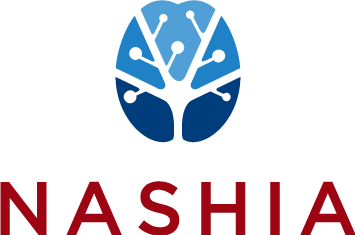Upcoming & Archived Trainings
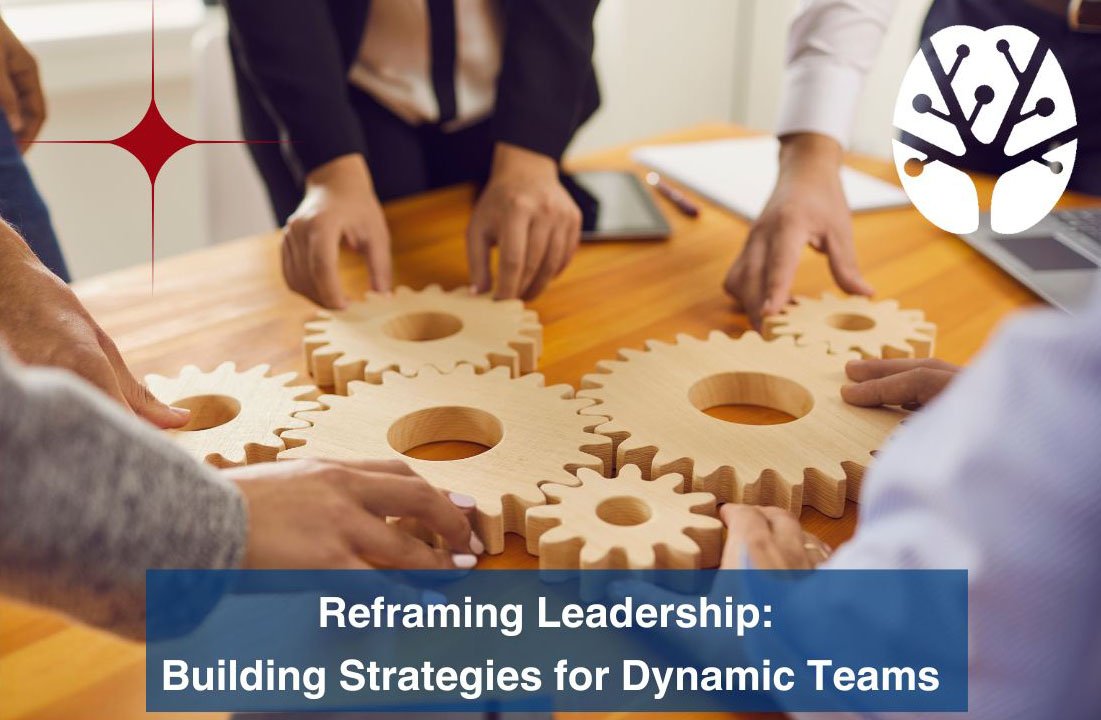
Reframing Leadership: Building Strategies for Dynamic Teams
This interactive, two-part leadership training is designed to begin to identify existing strengths and build on current ones for aspiring and current leaders.
This curriculum will provide multiple opportunities to refine and practice skills that will directly impact day-to-day service provision. The foundation of the training is based on Bolman and Deal’s Reframing Organization. This framework provides four leadership orientations that can be applied to current and future leadership topics including mentoring, career development, leading in a hybrid/ virtual office environment, and supporting staff. Participants will be exposed to the four leadership orientations, complete an assessment to determine their dominant leadership orientation, analyze leadership scenarios, and develop strategies to implement in their work environment.
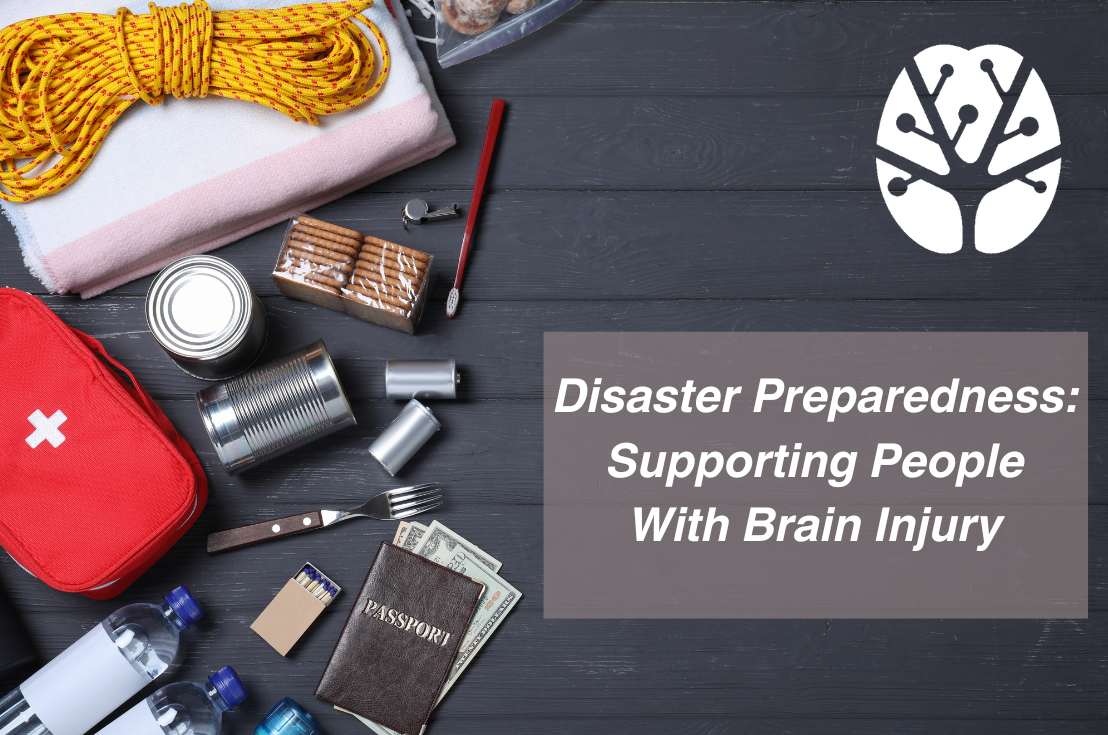
Disaster Preparedness: Supporting People With Brain Injury
Free Webinar
Save the Date!
More information coming soon.
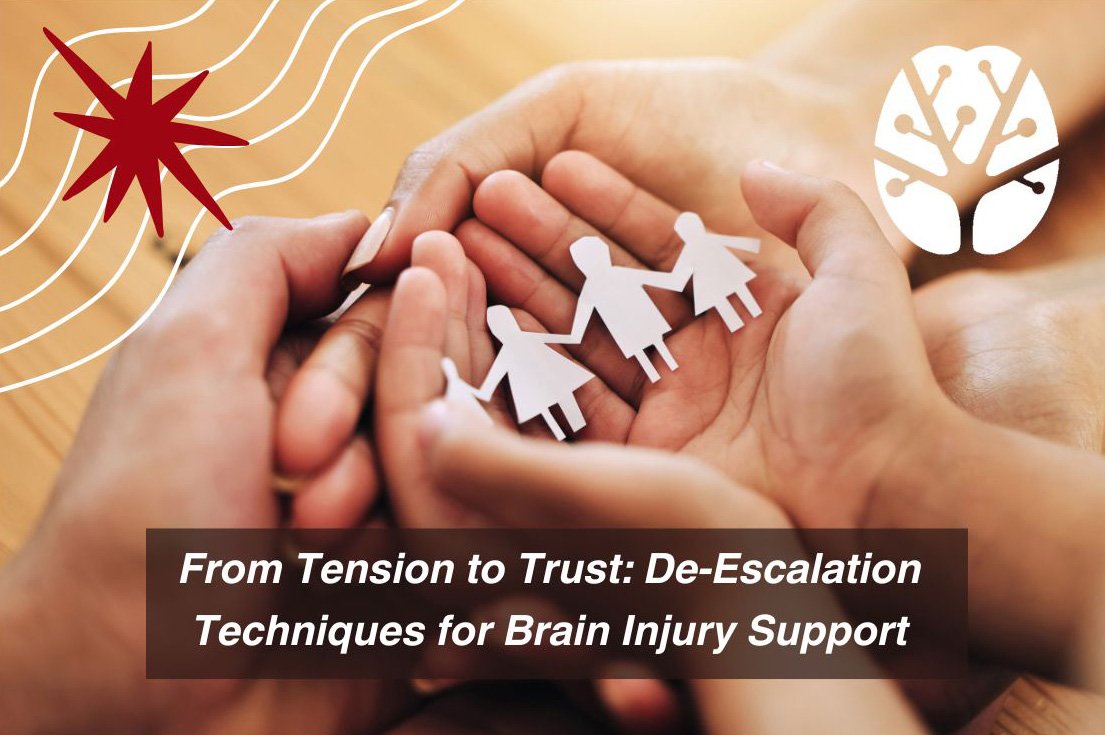
From Tension to Trust: De-Escalation Techniques for Brain Injury Support
De-escalation refers to a variety of methods used to calm down a person who is experiencing a heightened emotional state by using verbal or non-verbal communication. Essentially, it's about diffusing a crisis through a calm and empathetic approach.
This skill-building workshop will introduce opportunities to learn de-escalation techniques from a licensed psychologist who has experience in state hospital, correctional, and inpatient hospital settings. After an introduction to de-escalation and settings and situations where these methods can be applied, verbal and non-verbal techniques as well as a framework for understanding why certain techniques are more likely to be successful when it comes to brain injury will be reviewed in depth, practiced and discussed. Learn your own tendencies across situations so that you can better handle conflict response and be prepared to manage diffusing a situation effectively.
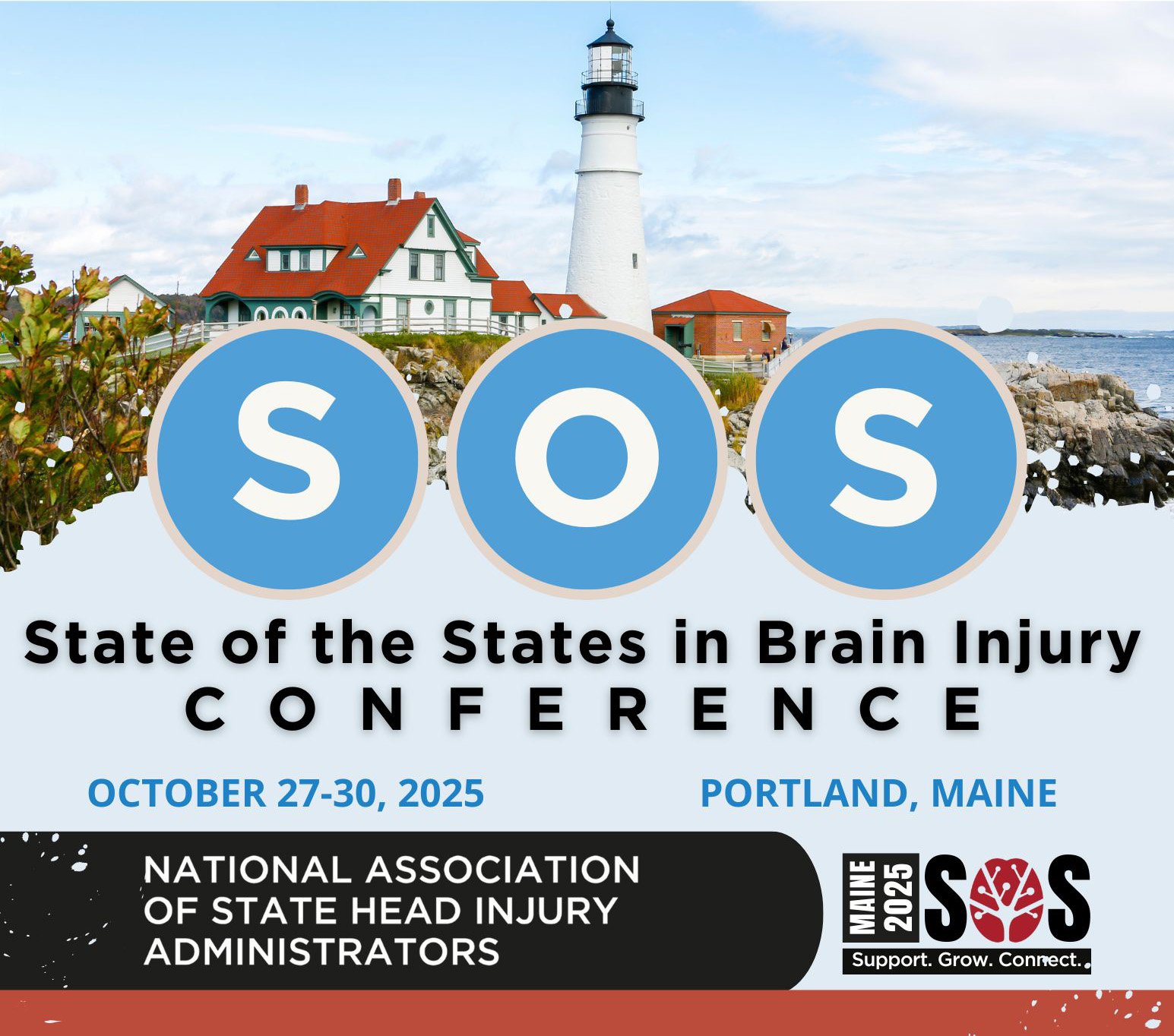
State of the States in Brain Injury Conference
NASHIA's 2025 State of the States in Brain Injury Conference is in-person in Portland, Maine! This year's event will showcase two half-day intensives dedicated to Long-Term Services & Supports and Children & Youth, while the main conference will feature the same great content that you know and love with the addition of two specialized tracks on the Criminal Legal System and Brain Injury, and Behavioral Health. NEW THIS YEAR - the conference will wrap up with a half day that includes plenary sessions and a two-hour implementation session for all attendees.
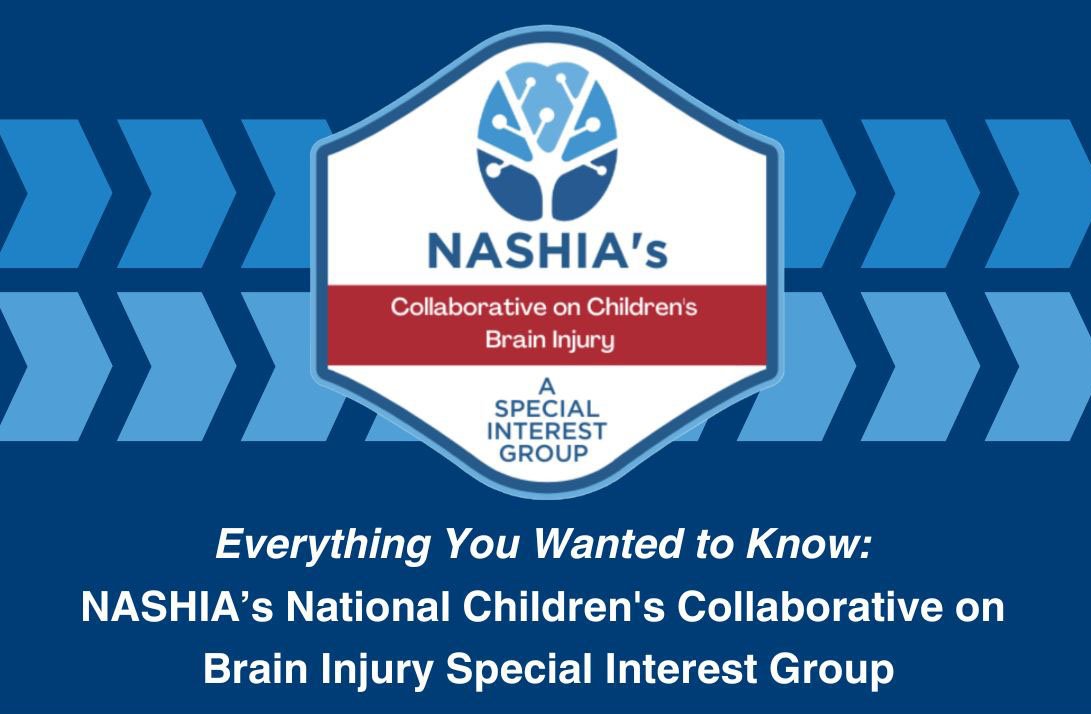
Everything You Wanted to Know: NASHIA’s National Collaborative on Children's Brain Injury Special Interest Group
Since 2011, states and partners have been collaborating on issues impacting children and youth with brain injury and its impact within the school environment. NASHIA's first special interest group, NCCBI, continues to work to identify critical gaps in the continuum of services and supports, collaborate with national key partner groups and establish common practices to make policy/research recommendations, and to share/develop resources on supports and services.
Join us as we share an overview of NCCBI’s history and purpose, a deeper dive of two main areas of focus, standards of practice and educational policy, and then discuss a call to action, and what that means for states and programs nationally.
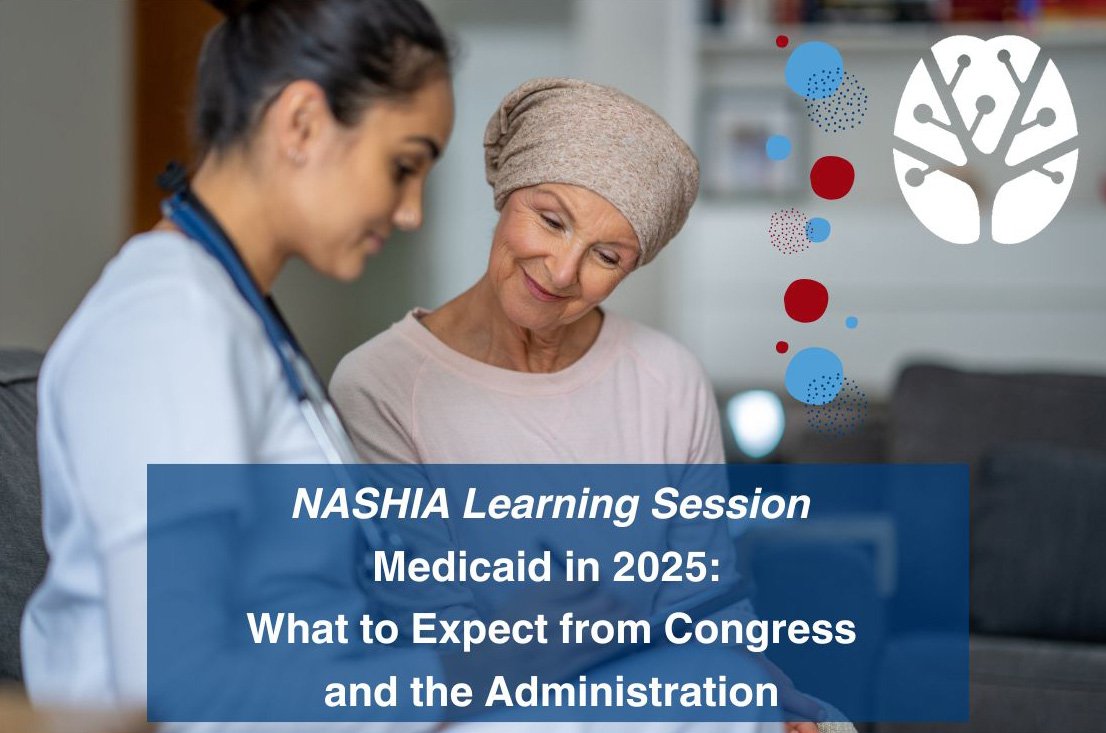
Medicaid in 2025 — What to Expect from Congress and the Administration
Join us for an insightful Learning Session hosted by the National Association of State Head Injury Administrators (NASHIA) Medicaid Subgroup. This is your opportunity to gain crucial insights into what’s ahead for Medicaid in 2025, from Congress to the new Administration, and how these changes could impact brain injury programs and services.
This Learning Session is more than just a chance to learn, it’s an opportunity for you to engage, share insights, and hear what other states are expecting related to Medicaid and brain injury services. While this is hosted by our Medicaid Subgroup, it is available for all NASHIA membersand those interested in joining the organization.
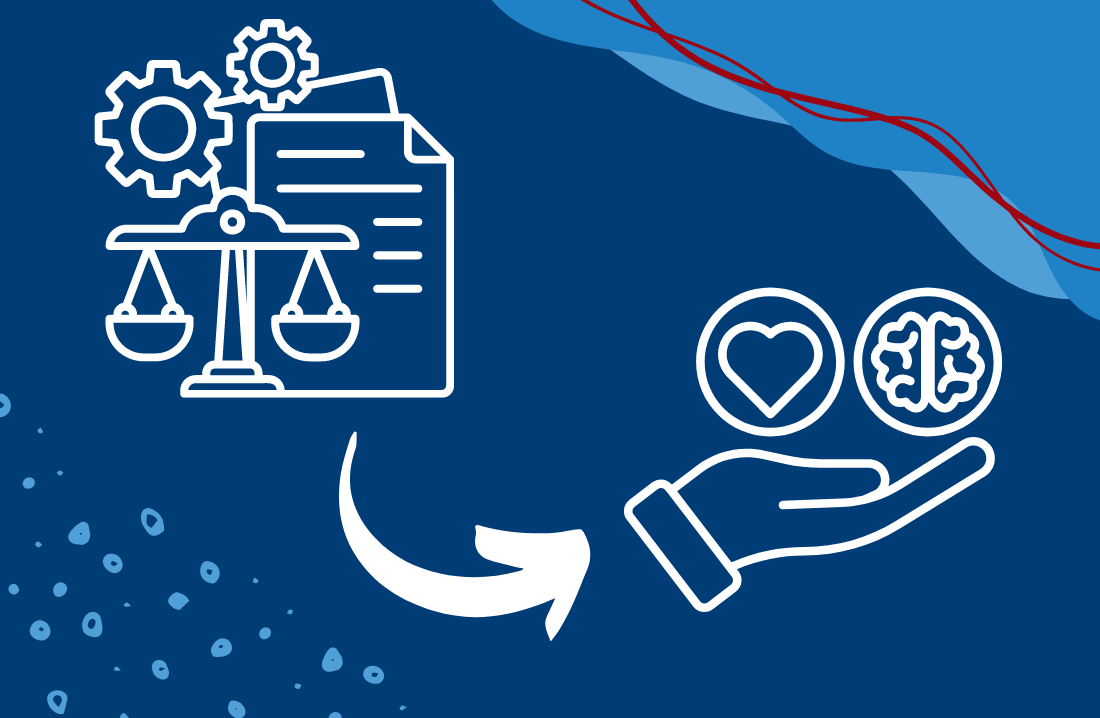
Learning Session - Medicaid Options for Criminal Legal System Involved Reentry Support
The Center for Medicaid Services has new opportunities for supporting both youth and adults in reentry following criminal legal system involvement, including a new funding opportunity for State Medicaid Agencies to support their reentry initiatives. These are fantastic opportunities to secure both support from your Medicaid partners and funding for programs that benefit individuals with brain injury that have criminal legal system involvement.
This session is ideal for states at all stages of developing support for people with criminal legal system involvement and brain injury. We'll explore all of these possibilities together!
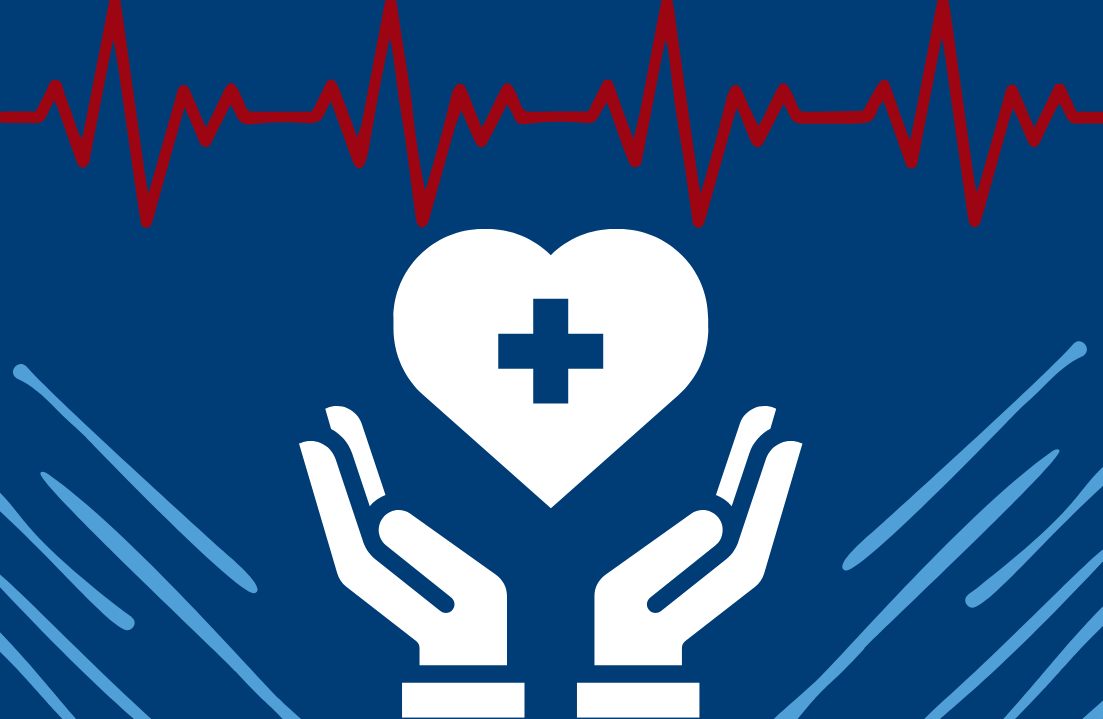
Session Two: Building Stronger Brain Injury Medicaid Programs Webinar Series
Session Two: Navigating the 1915(c) Public Comment Period and Legislative Opportunities for Effective Advocacy
This webinar is designed for brain injury advisory council members, advocates, and providers who want to make a difference in shaping Medicaid policies that support individuals with brain injuries. Learn how to effectively engage in the public comment process and maximize your impact on the service delivery system for people with brain injury.

Session One: Building Stronger Brain Injury Medicaid Programs Webinar Series
Session One: Best Practices for States in Considering Advocate and Public Feedback
Learn how to enhance your state’s brain injury Medicaid program by effectively incorporating advocate and public feedback.
Whether you operate a 1915(c) brain injury waiver, are looking to build a waiver or other Medicaid programs for brain injury, or support individuals with brain injuries through other means, this webinar will equip you with the tools to build a stronger, more inclusive program.

Session 2: Facilitating Effective Communication and Support Between Brain Injury Advisory Councils and State Brain Injury Programs and Other State Agencies
Session Two: Bridging Communication Between State Agencies and Advisory Councils
The goal of these trainings is to cultivate interactions between people with lived experience and state agencies where everyone feels heard, validated, and accommodated. Participants will walk away with several strategies that can lead to successful communication between these parties with a focus on better supporting the needs of people with brain injury in advocacy. We encourage participants to join both webinars to hear the perspectives of both parties.
This session is focused on improving communication skills for state agency personnel to ensure effective communication between the state agency and the advisory council. State examples will be shared.

Session 1: Facilitating Effective Communication and Support Between Brain Injury Advisory Councils and State Brain Injury Programs and Other State Agencies
Session One: Empowering Advisory Councils
The goal of these trainings is to cultivate interactions between people with lived experience and state agencies where everyone feels heard, validated, and accommodated. Participants will walk away with several strategies that can lead to successful communication between these parties with a focus on better supporting the needs of people with brain injury in advocacy. We encourage participants to join both webinars to hear the perspectives of both parties.
This session is focused on improving communication skills for advisory council members to ensure effective communication between the council and the state agency.
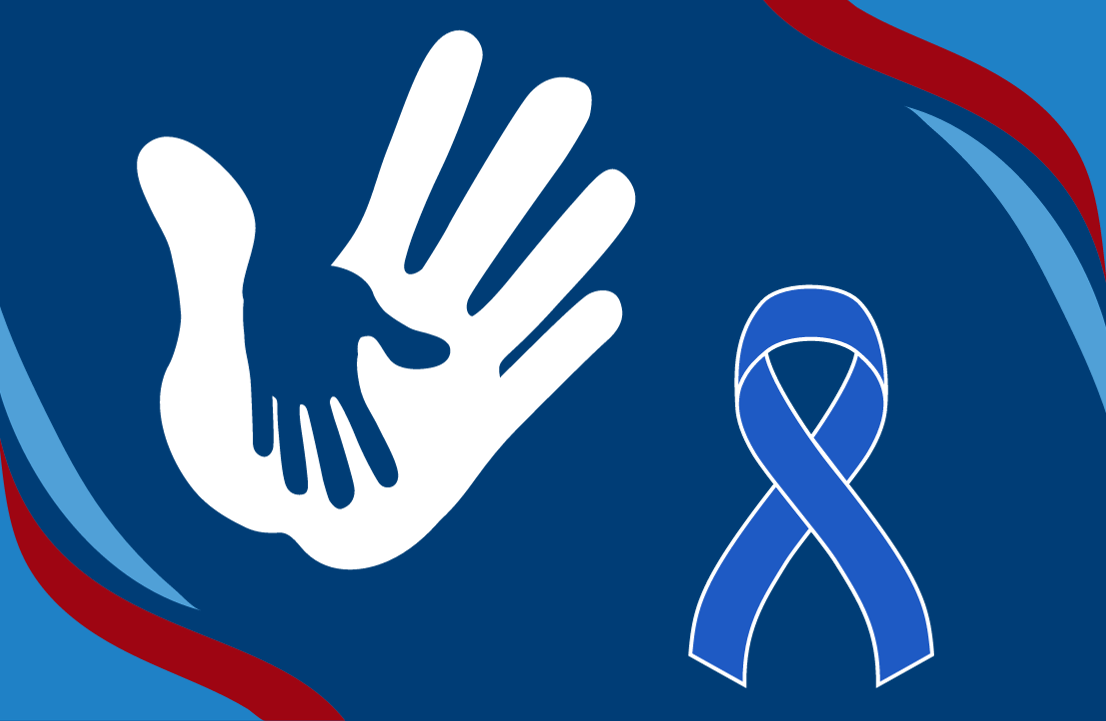
Human Trafficking and Brain Injury Implications
Human trafficking is the second leading crime in the world. There are over 1.3 million missing and runaway children in the U.S. and if a child is not recovered within the first 48 hours, the likelihood is high that they will be trafficked. Incidence and prevalence of brain injury within this extremely vulnerable population is high due to intentional violence, substance use and suicidal attempts. Join us for an overview of this incredibly challenging topic.

Building Partnerships: State Brain Injury Programs and Overdose Fatality Reviews
A nationally recognized model, overdose fatality review (OFR) is being used by a growing number of communities to strengthen their community-based responses to the opioid epidemic by generating recommendations to address system, agency, population, research, and policy needs. OFRs help multi-disciplinary collaborations understand their overdose trends, identify missed opportunities for prevention and intervention to implement innovative, community-specific overdose prevention strategies.

Federal Funding Avenues for State Brain Injury Programs and Partners
NASHIA’s Public Policy Committee hosted a webinar about new federal funding options beyond traditional grants. The webinar will discuss why it's important to think long-term for sustained support and growth and give practical knowledge and tools to navigate and take advantage of different funding sources for state brain injury programs and partners, ensuring better support for those affected.

Effective Communication Between Providers and Clients
Either as a provider or as a client/participant who has sustained brain injury, have you ever felt like you struggled to successfully communicate in particular settings or scenarios? This session will approach and address this challenge from both sides of the equation. You will walk away with several strategies that can lead to successful communication for both providers and clients. Everyone deserves to be heard, validated, and accommodated, which, when honored, leads to respect, organized care, and mindful decision-making. This session will recognize the incredible successes and challenges of communication and assist with helping everyone maximize interactions together.

Intimate Partner Violence and Brain Injury: A Panel Discussion
Though intimate partner abuse often involves physical blows, research has been slow to consider the prevalence of brain injuries among women seeking services after intimate violence and implications for navigating systems of care. This presentation will provide brief background on research that has emerged over the last several years on mild brain injuries among women victimized by intimate partners. Findings from new Colorado-based research on brain injuries will be shared; there were more than one hundred women seeking services connected to a family justice center after intimate partner abuse. Implications of the new research for screening, case management, and service navigation to support survivors of intimate partner abuse will be considered.
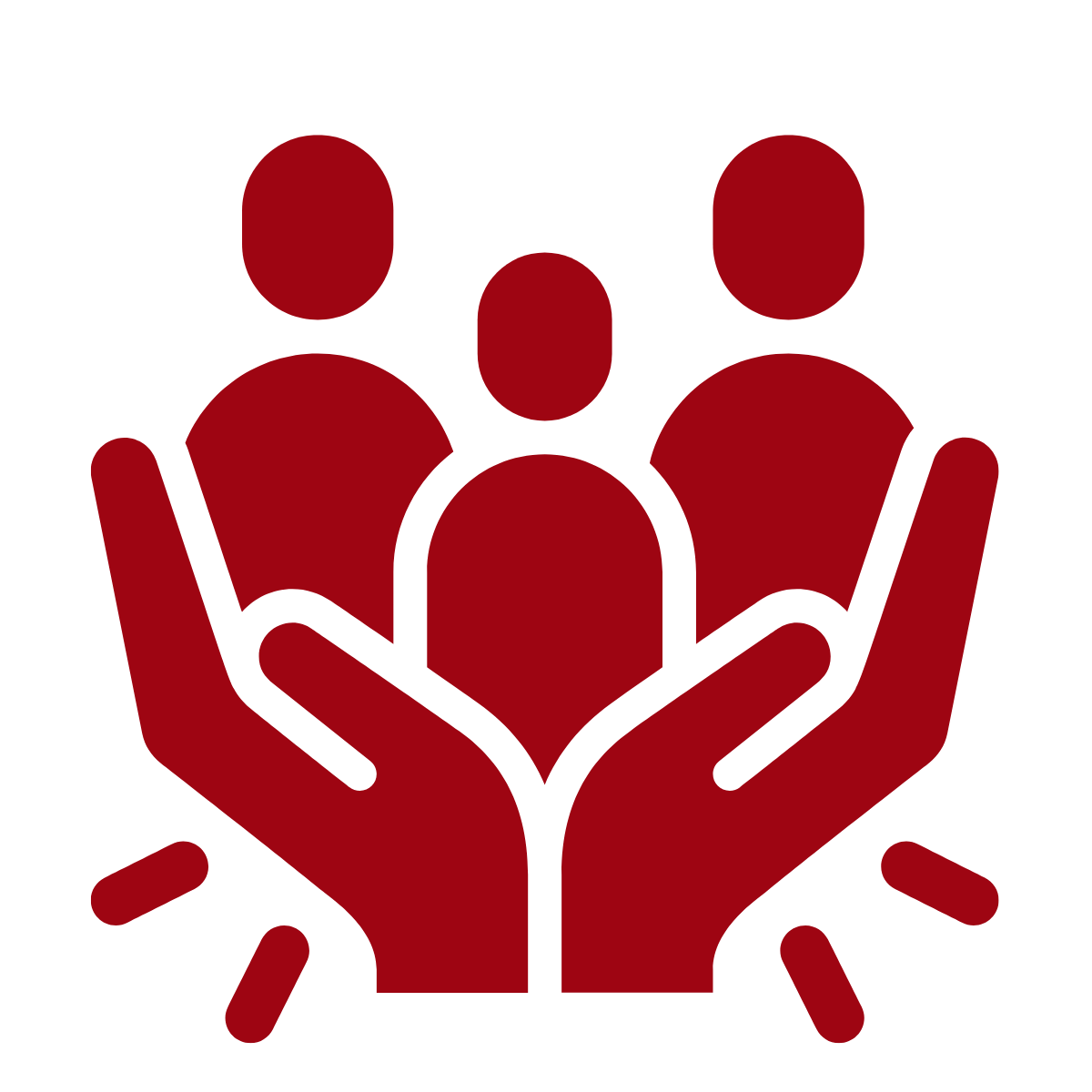
Supported Decision Making and Individuals with Disabilities – Breaking Through
Supported Decision Making (SDM) encourages persons with disabilities to make their own decisions to whatever extent they can, provided that they have the support to do so. Now law in many states, SDM represents a huge breakthrough for people living with disabilities, as it does not take away their rights of self-determination; rather, it allows them to appoint a supported decision maker (in some states, even if they are under guardianship). This paradigm shift brings with it the element of risk if all the components are not addressed for individuals, parents and caregivers. In this webinar, Elville and Associates’ Managing Principal and Lead Attorney Stephen R. Elville, Esq., will explore SDM and the elements of challenges and solutions. This webinar focuses on SDM and alternatives to guardianship and potential guardianship supplements, and how SDM has the potential to affect and change so many lives, including those of family members and other supporters.
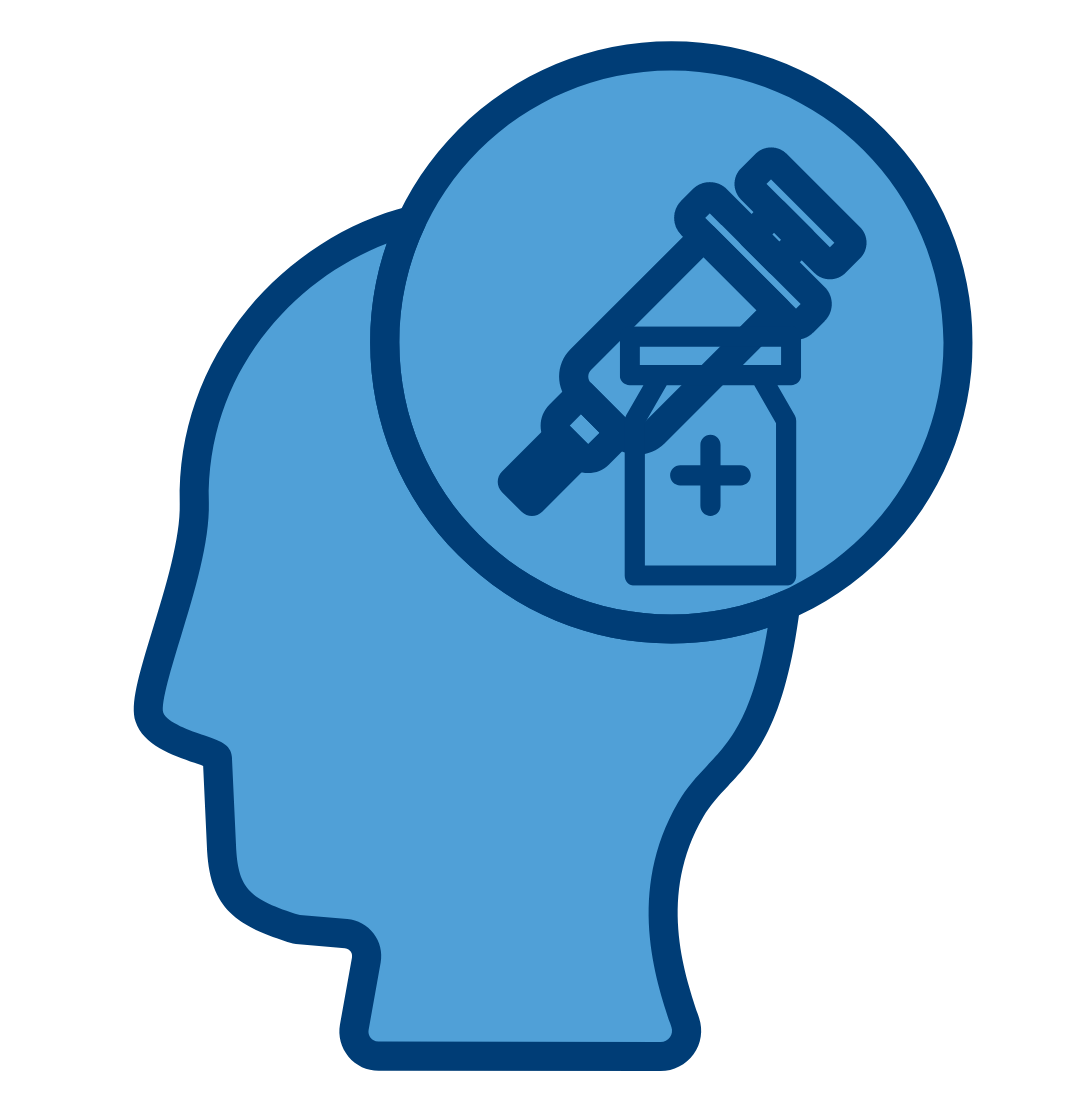
Brain Injury, Overdose and Harm Reduction
Harm Reduction is a set of practices that help people behave safely while also shifting systems and environments to be safer. Harm Reduction recognizes that society, and the systems within, have historically put people who use drugs and/or engage in sexwork in more harm through oppressive policy and stigmatizing culture. - Baltimore Harm Reduction Coalition.
This presentation will provide an overview of how people with brain injury can be supported in terms of reducing risk from overdose, as well as concrete examples on how to apply academic detailing. Successful examples of peer-to-peer modeling will be shared, and a discussion which state and community partners to invite to the table will be conducted.

DETAC Webinar - Fitting the Pieces Together: Assistive Technology Solutions for Brain Injury and Employment
Assistive technology (AT) plays a critical role in employment success for individuals with brain injury. Low and high-tech options and resources are abundant, but it is important to have an AT navigator at the helm to guide best practice and application for these supports. In this webinar, learn how AT programs assess specific sensory, physical, social, emotional, and cognitive challenges. The process for analyzing, determining, and providing support to individuals, employment staff and businesses will be shared. In addition, case examples in which AT was successfully applied, resources and program information will be highlighted.
Join the Disability Employment TA Center for this free webinar.

Using the YSTEP with Children and Youth: A Successful Intervention Model
The Youth Short Term Executive Plus Program (YSTEP) is designed to teach young people how handle their emotions better and how to be more productive in everyday life. YSTEP is an interactive group intervention for emotional dysregulation following brain injury. It was developed by the Centers for Disease Control supported Injury Control Research Center at the Icahn School of Medicine at Mount Sinai, and has been utilized at the El Paso County Juvenile Justice Center since 2012 for youth court ordered into the Challenge Academy, a post-adjudication program offering supportive residential drug and behavioral health treatment.

Leading Groups in Virtual Spaces: Becoming a Better Facilitator
Leading and managing groups in virtual and hybrid settings is our “new normal”. This session will discuss how to organize a session to be the most effective and impactful for you and for your audience. Additionally, the session will explore engagement tools and strategies to get the most from your audience and participants. Participants of Leading Groups in Virtual Spaces will be able to recognize and implement helpful facilitation and engagement strategies in their meetings, trainings and presentations moving forward.
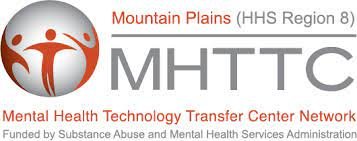
How To Approach, Engage, and Direct Individuals Living With TBI-A Training Series for First Responders, Part 4
This 4-part series is designed for the first responder community including law enforcement, parole, and probation personnel, EMTs, and any other members of the community engaged in emergency and front-line efforts.

How To Approach, Engage, and Direct Individuals Living With TBI-A Training Series for First Responders, Part 3
This 4-part series is designed for the first responder community including law enforcement, parole, and probation personnel, EMTs, and any other members of the community engaged in emergency and front-line efforts.

How To Approach, Engage, and Direct Individuals Living With TBI-A Training Series for First Responders, Part 2
This 4-part series is designed for the first responder community including law enforcement, parole, and probation personnel, EMTs, and any other members of the community engaged in emergency and front-line efforts.

Collaboration Across Systems: Supports for Paralysis and Spinal Cord Injury
Many individuals with spinal cord injury also have concomitant brain injury, and there are also many individuals with brain injury who have sustained varying degrees of paralysis. Join us for an informative webinar on organizations supporting individuals with paralysis and spinal cord injury and learn how to access resources and initiate partnerships between your program, the National Paralysis Resource Center , and the Spinal Cord Injury Model System to collaborate on research and practice.

How To Approach, Engage, and Direct Individuals Living With TBI-A Training Series for First Responders, Part 1
This 4-part series is designed for the first responder community including law enforcement, parole, and probation personnel, EMTs, and any other members of the community engaged in emergency and front-line efforts.

Tools for Your Trade: Brain Injury and Behavioral Health
Learn about two new customized tools to guide behavioral health and community providers in supporting better outcomes for individuals with brain injury and behavioral health needs. Dr. Carolyn Lemsky, Clinical Director for the Community Head Injury Services of Toronto (CHIRS), will conduct an overview of the tools and how to utilize them in your program:
Traumatic Brain Injury and Substance Use Disorders: Making the Connections
Substance Use and Brain Injury Client Workbook: Second Edition

Collaboration Across Systems: Partnering with University Centers for Excellence for Developmental Disabilities (UCEDD)
The UCEDD system is a nationwide network of independent but interlinked centers, representing an expansive national resource for addressing issues, finding solutions, and advancing research related to the needs of individuals with developmental disabilities and their families. UCEDDs have played key roles in every major disability initiative over the past four decades. Collaboration across and among service systems helps to achieve the best outcomes for people. Learn how collaborating with your UCEDD can enhance your brain injury program.

Employment Accommodations, Innovations and Assistive Technology for TBI
This session will provide an introduction and overview of the Job Accommodations Network, information on the Americans with Disabilities Act (ADA), disclosure of brain injuries in the workplace, the limitations associated with these challenges, and the accommodations that might be needed.

Traumatic Brain Injury & Substance Use Disorder: Implications of Stimulants on TBI
In collaboration with Mid-America Addiction Technology Transfer Center and Mountain Plains Addiction Technology Transfer Center, NASHIA presents Traumatic Brain Injury and SUD: Effective Strategies for Individual Therapy.

Collaboration Across Systems: Making the Most Out of Partnerships
This webinar will focus on why effective collaboration is so important, highlight how shared goals, strong communication, and building capacity fuel effective collaboration, and showcase the successes in NASHIA member states stemming from effective collaboration.

Traumatic Brain Injury & Substance Use Disorder: Brain Injury, Addictions and the Importance of Family Involvement
In collaboration with Mid-America Addiction Technology Transfer Center and Mountain Plains Addiction Technology Transfer Center, NASHIA presents Traumatic Brain Injury and SUD: Effective Strategies for Individual Therapy.
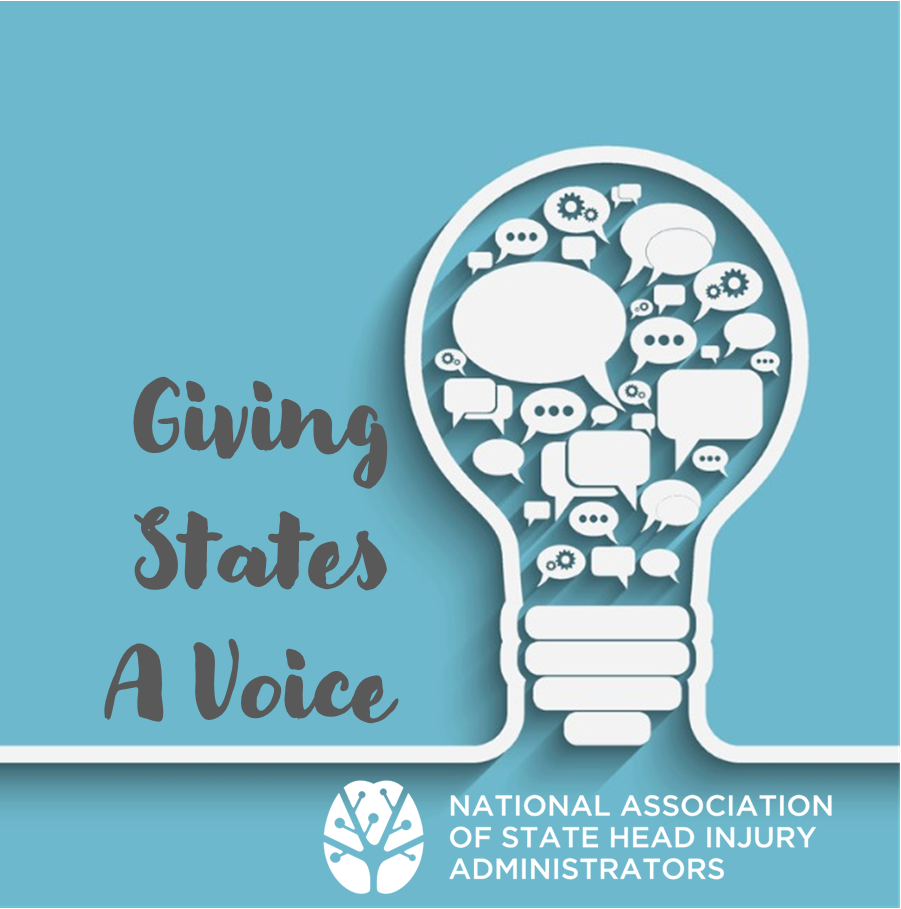
Resource Facilitation: Virtual Approaches for Real Supports in Brain Injury
This podcast will encompass a broad overview of resource facilitation and will then highlight two available therapeutic and management approaches during an interactive, informative session. NASHIA will provide an overview of resource facilitation and its importance in this field. Steve Sutter and Dr. Lance Trexler will introduce promising resource facilitation tools that are making a difference in the lives of individuals with brain injury. Dr. Kajankova will discuss how an emotion regulation intervention can improve affective and cognitive outcomes, which can lead to success in becoming or remaining employed.

NCCBI: Policy Recommendations for School Systems Serving Students with Brain Injury
The National Collaborative on Children’s Brain Injury (NCCBI) is a national cooperative working to improve services and supports for children with brain injury. NCCBI's current focus is on improving educational services for students with TBI. Join two members of the NCCBI team to learn what policies and practices your state can put in place to support students who have sustained a brain injury and their families. We would also invite your feedback on the NCCBI Policy Recommendations document.
